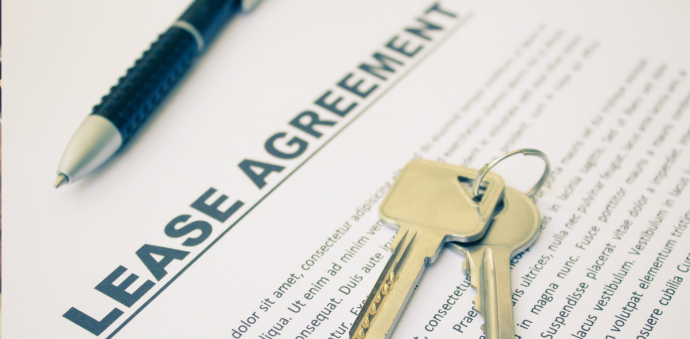
Living in a rental home that is unsafe, unsanitary, or otherwise uninhabitable can cause stress, health problems, and financial burdens. If you’re a tenant in North Carolina, you may wonder: When can I legally break my lease due to habitability issues? Understanding the legal framework around habitability and lease termination protects your rights and helps you avoid penalties.
This comprehensive tenant guide will cover:
North Carolina law recognizes an implied warranty of habitability, which means landlords must provide and maintain rental properties that are safe, sanitary, and fit for human habitation. This warranty is automatically part of every residential lease unless explicitly waived (which is rare and generally unenforceable for basic habitability).
Habitability includes several basic requirements:
If your rental unit violates these standards, it may be deemed uninhabitable.
Tenants in North Carolina can legally terminate their lease early if the rental unit becomes uninhabitable due to the landlord’s failure to maintain the premises, provided these conditions are met:
Minor problems generally do not justify lease termination. Examples of serious habitability issues include:
Promptly notify your landlord in writing describing the habitability problem and requesting repairs. Written communication creates a paper trail crucial for your rights.
Landlords must be given reasonable time to resolve issues after notice. What constitutes “reasonable” depends on the severity and nature of the problem but typically can be days or a few weeks.
If the landlord ignores the problem or fails to adequately fix it, the tenant can terminate the lease without being liable for further rent payments.
To legally break your lease for habitability problems, make sure to:
North Carolina landlords are legally required to:
Failure to fulfill these duties can expose landlords to lease termination, rent abatement, or damage claims from tenants.
Breaking a lease for habitability concerns can be legally complex and stressful. LawPassport membership offers tenants:
With LawPassport, you get the confidence and legal know-how to protect your rights and move on seamlessly.
Q: Can I break my lease immediately if my apartment is uninhabitable?
A: No, you must notify your landlord in writing, allow reasonable time for repairs, and document the problem before legally terminating the lease.
Q: What if my landlord retaliates after I request repairs or try to break the lease?
A: North Carolina law prohibits landlord retaliation. Tenants can sue for damages and seek court orders to stop retaliatory actions.
Q: Can I withhold rent to force my landlord to make repairs?
A: Typically no. Withholding rent can risk eviction. Instead, use legal processes or get permission from the court.
Q: What kinds of repairs qualify for breaking a lease?
A: Serious conditions threatening health or safety such as mold, infestations, unsafe wiring, no heat, or structural failure can justify lease termination.
If your North Carolina rental is uninhabitable due to serious habitability issues, you have the legal right to break your lease but only after following proper legal steps. Providing written notice, documenting conditions, and allowing time for repairs are essential.
Landlords legally must maintain safe and sanitary rental properties. When they neglect this, tenants have protections that include lease termination without penalty.
By becoming a LawPassport member, you get expert legal guidance tailored to North Carolina tenant laws and habitability disputes. Protect your rights and make your next move with confidence.
Join LawPassport today and get trusted North Carolina tenant legal support. Access expert advice, custom documents, and peace of mind everything you need for a successful and safe lease termination.
Read: Tenant Guide: Compensation for Roach-Infested Apartments